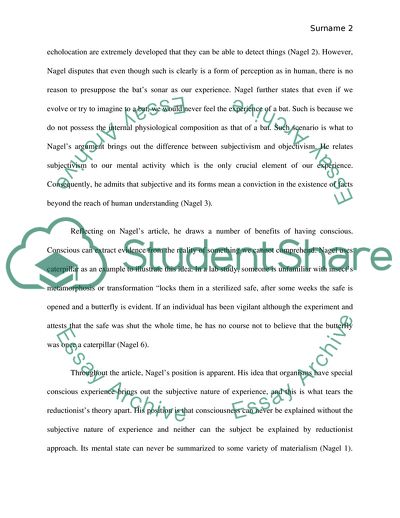Cite this document
(Thomas Nagel and Aristotles Account of the Mind-body Problem Essay, n.d.)
Thomas Nagel and Aristotles Account of the Mind-body Problem Essay. https://studentshare.org/philosophy/1844627-midterm-paper
Thomas Nagel and Aristotles Account of the Mind-body Problem Essay. https://studentshare.org/philosophy/1844627-midterm-paper
(Thomas Nagel and Aristotles Account of the Mind-Body Problem Essay)
Thomas Nagel and Aristotles Account of the Mind-Body Problem Essay. https://studentshare.org/philosophy/1844627-midterm-paper.
Thomas Nagel and Aristotles Account of the Mind-Body Problem Essay. https://studentshare.org/philosophy/1844627-midterm-paper.
“Thomas Nagel and Aristotles Account of the Mind-Body Problem Essay”. https://studentshare.org/philosophy/1844627-midterm-paper.


